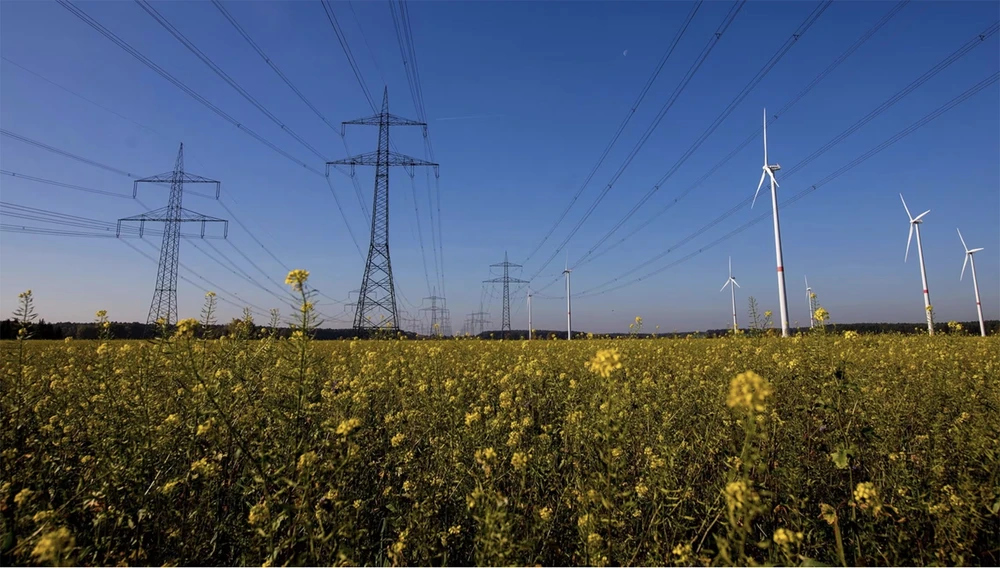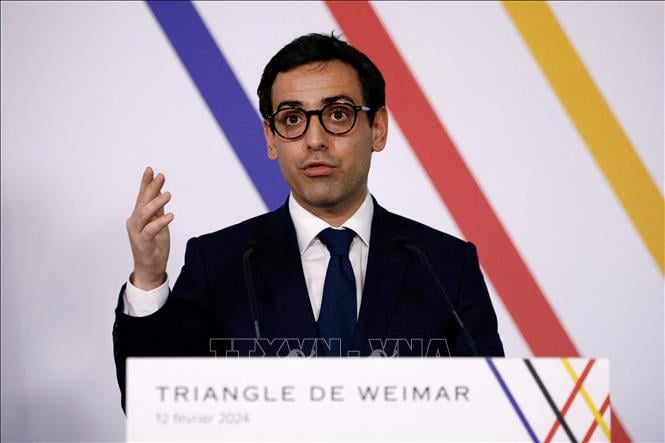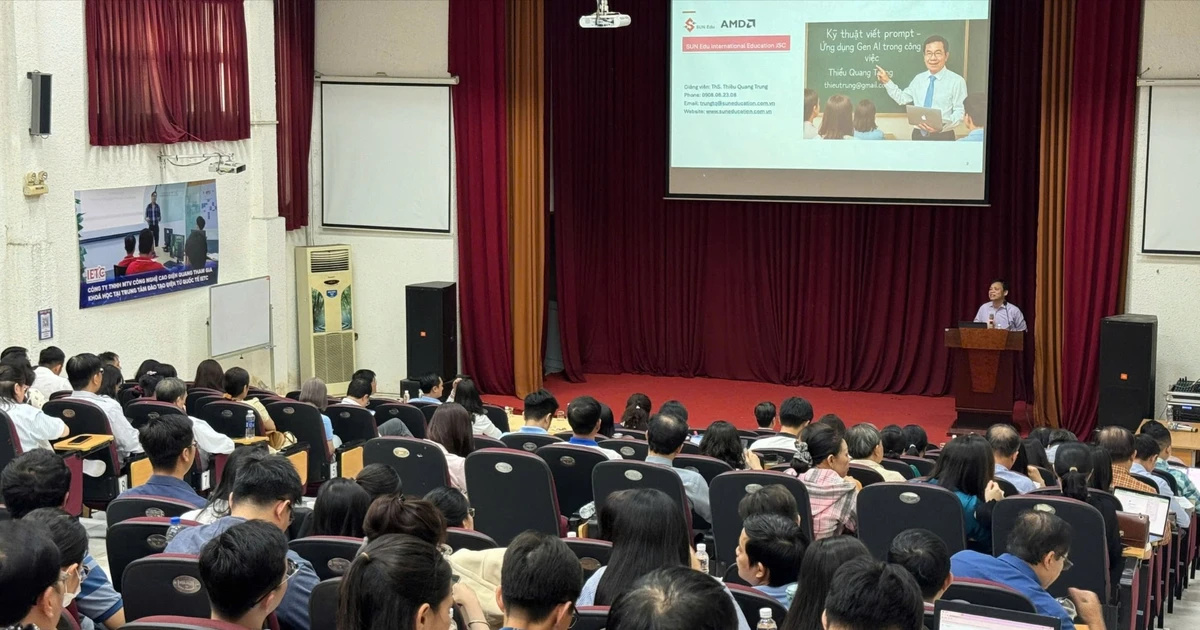In its recently released annual Energy Union Report, the European Commission (EC) emphasized that EU member states must increase efforts to achieve the bloc's goal of reducing energy consumption by 2030.

Ensure adequate levels
All members must step up their efforts to ensure sufficient ambition and ensure the EU is on the right track to combat climate change, the report said. The Commission called on member states to submit their National Energy and Climate Plans as soon as possible to address bottlenecks, discuss best practices and improve regional coordination, while allowing for rapid and flexible implementation of the EU’s 2030 targets.
The EC also stressed the need for closer coordination between Member States, as well as market integration and joint action to address emerging challenges such as increasing energy shortages and energy price differentials compared to other global competitors. The EC report also acknowledged the need to build partnerships with industry to accelerate the development of net zero emissions technologies and strengthen the EU's manufacturing base.
Previously, in October 2023, EU countries adopted a binding target of reducing energy consumption by 11.7% by 2030 compared to the expected annual use based on the 2020 reference scenario. The Union also aims to reduce greenhouse gas emissions by at least 55% by 2030 compared to 1990 levels.
Take advantage of solar heat
The competitiveness of the European cleantech industry is an integral part of the Energy Union, playing a key role in achieving energy security and decarbonisation goals.
However, the report highlights that progress in renewable energy use in heating and cooling has been modest compared to the electricity sector, increasing from 18.6% in 2012 to 24.9% in 2022. Meanwhile, no concrete action has been taken to accelerate decarbonisation in the heat sector, and the huge potential of renewable heat sources such as solar thermal, which is widely available in Europe, remains untapped.
According to Solar Heat Europe, in the context of the solar thermal sector calling for a higher priority on the heat decarbonisation agenda, the EU must, on the one hand, expand its manufacturing capacity for all net zero emissions technologies, including those on which the EU has a serious strategic dependency, to meet the growing demand due to the EU’s climate ambitions. On the other hand, the EU must take decisive action to encourage a faster deployment of net zero emissions technologies already produced in Europe.
Synthesized HAPPY CHI
Source: https://www.sggp.org.vn/de-eu-dat-muc-tieu-giam-tieu-thu-nang-luong-post758680.html





![[Photo] Looking back at the impressive moments of the Vietnamese rescue team in Myanmar](https://vstatic.vietnam.vn/vietnam/resource/IMAGE/2025/4/11/5623ca902a934e19b604c718265249d0)
![[Photo] "Beauties" participate in the parade rehearsal at Bien Hoa airport](https://vstatic.vietnam.vn/vietnam/resource/IMAGE/2025/4/11/155502af3384431e918de0e2e585d13a)



























![[Photo] Summary of parade practice in preparation for the April 30th celebration](https://vstatic.vietnam.vn/vietnam/resource/IMAGE/2025/4/11/78cfee0f2cc045b387ff1a4362b5950f)




























































Comment (0)